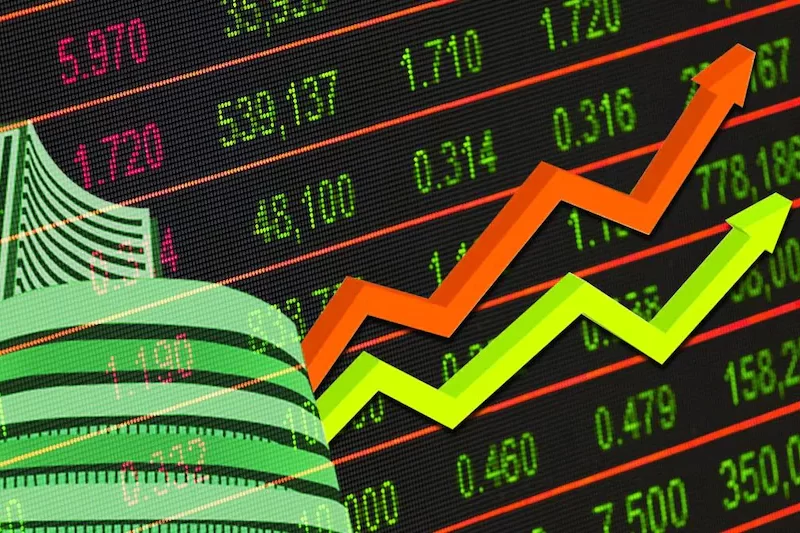What is the best way to protect our money? The best way to protect our money is to be savvy about the economy, and if the stock market isn’t performing well, you might want to consider selling it. While the stock market may seem a safe bet, it does face some challenges. This article will look at some of the key issues facing the stock market. First and foremost, there is no easy answer to the problem. It is important to note that the stock market does not reflect the health of the economy.
First of all, the stock market can cause problems for individual businesses. Share prices can fall because of a global slowdown or a fear of a recession. The stock market is often a reflection of consumer confidence, and bad headlines about falling share prices can discourage people from spending money. Secondly, stock market movements are detrimental for businesses because they affect business operations and consumer spending. The stock market also creates a perception that a company is out of touch with the economy.
Another challenge to the stock market is the lack of labor. Labor shortages have led to higher wages. Small business data shows that wage costs have increased across the board – at a rate not seen for 25 years – with the greatest benefit going to lower-income workers. However, this trend is not sustainable – wages in the hospitality and leisure industries have risen more than 12% over the past year, a disproportionately large amount. These higher costs can negatively affect business profitability and stock valuations.
Higher interest rates and inflation have been major problems for the economy, and the recent lockdown in China has slowed down supplies of food and energy in the U.S., aggravating the inflation problem. The Federal Reserve’s efforts to cool the economy also affect cheap borrowing costs – which was a driving factor in the stock market’s rally. So, what are the best ways to protect our money from these challenges? It’s difficult to predict how the economy will respond to all of these issues and remain competitive.
The stock market’s behaviour is worrying. Since the start of the COVID-19 pandemic, the stock market has acted like a maniac. At first, it ignored the epidemic, but then panicked when Europe became its epicenter. Likewise, investors have behaved as if COVID-19 won’t have any impact on economic activity. If the stock market behaves as it did in the past, it might be a sign of a larger problem to come.
Traders and investors should be cautious when buying stocks, especially in these volatile times. Volatility is healthy for trading and liquidity, but it can also hurt valuations. When central governments don’t know what to expect in the future, they need to be prepared to raise interest rates cautiously and slowly. The uncertainty about the U.S. economy and the European Union is a prime example. The Fed needs to engineer a safe landing.












